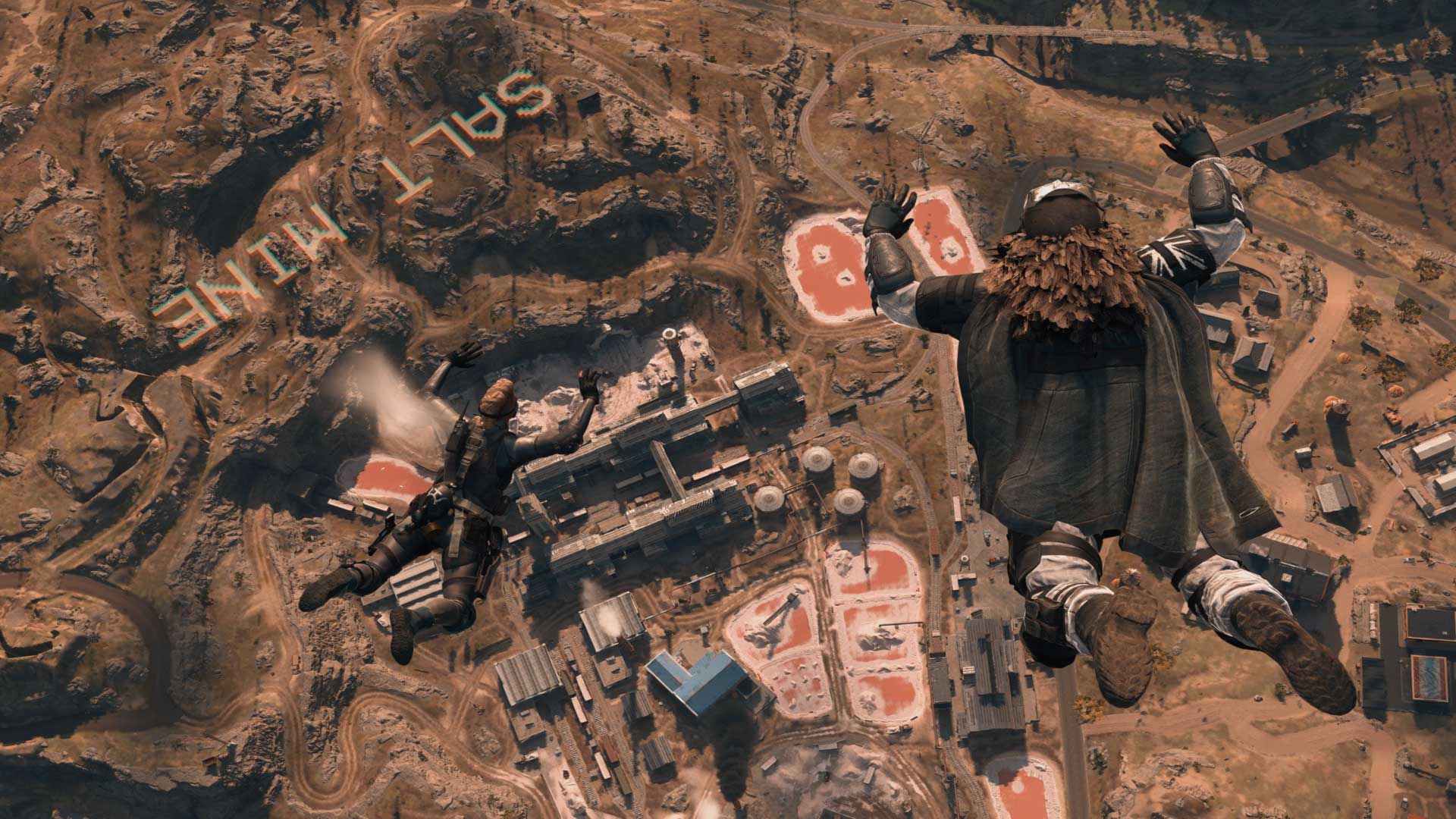
Limitless desire. Humanity’s greatest gift, and it’s greatest curse. Our desire for better, more, in perpetuity, has allowed the human race to achieve extraordinary things. Yet this insatiable thirst is now the single biggest challenge to our continued existence on Earth. As the global middle class swells, the desire for things as markers of success, comfort and status accelerates every day.
The ‘social changes’ often cited when it comes to combating the climate emergency: eating less meat, traveling less and buying less, typically rely on humans going against their base instinct. To have more, of everything, for ever. As policy - whether enforced or voluntary - a reduction in consumption can never work. Even the Buddha, who dedicated his whole life to teaching about the dangers of desire, made no progress in this area. His teachings, today mainly experienced through mindfulness and meditation products, are now more popular than at any time in history. But part of the reason they’ve become so popular is that the secularisation of Buddhist teaching has removed the central tenant of the original thesis: that desire is, and will be, responsible for our personal and collective downfall. It’s unlikely mindfulness would have the same level of adoption if the ideas about giving up your worldly goods were still present.
As with much climate chat, so far, so bleak. But what if you look at it another way. Our desire, whilst innate, is mailable. The deepest desires of our distant ancestors were the same as our own: not to die, and then to flourish. But the way that these desires - especially middle class desires - manifest themselves change all the time. Depending on what century you're in those desires might range from getting good seats at the right opera house, having your name emblazoned on a building or owning a flashy car.
These 'higher level' desires, ones that are more removed from our base needs of food, shelter and meaningful relationships with others, are the ones that cause disproportionately more environmental damage. That Porsche you just bought is many thousands of times more damaging than the food you need to subsist, or the relationships you have with your friends and family. The richest in the world pollute the world disproportionately because they're buying unnecessary stuff (trips into space, fancy cars etc) to satisfy their needs for purpose and prestige.
Our most 'sophisticated' desires - related to self-esteem and self-actualization - are the most polluting. Yet they are also the most mailable - informed by art, status, fashion and society as a whole. Amidst the gloom, this creates an opportunity.
Digital goods as our only hope
Imagine if the highest status items in society were digital, not physical. Suddenly the most coveted items in the world - the things that people will trade many thousands of hours of work for - have precisely zero impact on the climate. Our insatiable desire is matched by an infinite and inexhaustible supply, with artificial scarcity created by humans that create the virtual goods.
Non-fungible tokens (NFTs) go some way to harness this idea; but they are problematic for two reasons.
-
Absurdly, NFTs typically have a catastrophic impact on the environment, using blockchains that rely on millions of computers siphoning billions of kilowatt hours from the grid.
-
NFTs miss the fundamental magic of desire. In many ways they’re more similar to a traditional asset class - gold etc - than something truly novel. The desire for them is based on some level of status but also a hope of appreciation.
Free to play games, on the other hand, give an indication of what might be possible. At first it seems counter intuitive that some of the most profitable games in existence today are free. Call of Duty's Warzone, a battle royale first person shooter, for example, makes £1.3 billion every year.

People buy extra in-game skins, weapons and extras not because they expect them to rise in value. They aren't tradeable. They offer no real performance improvement. Yet they're coveted and desired just as much as physical goods. So why do people buy them? Because once you're the participant of a world with meaning and stories, that world becomes real. Once a digital world has become real through some sort of meaning making, purchases make economic sense and the virtual becomes physical.
Free to play games like Warzone, Roblox or Fortnite only scratch the surface of what's possible. For one, the fact that they're games limits their attraction to a certain audience. But there's no reason that this concept - creating the possibility of true digital desire through great storytelling - can't be applied to much greater and more transformative effect. It's just that the people who need to do this are artists, writers and storytellers, not technologists.
Selling digitized collectibles is one step. Creating digital experiences and worlds where commerce is just a part of a larger whole could precipitate a whole revolution and lead us away from limitless consumption of the produce of a fragile and limited earth.
The only problem? We don't have much time to spare.